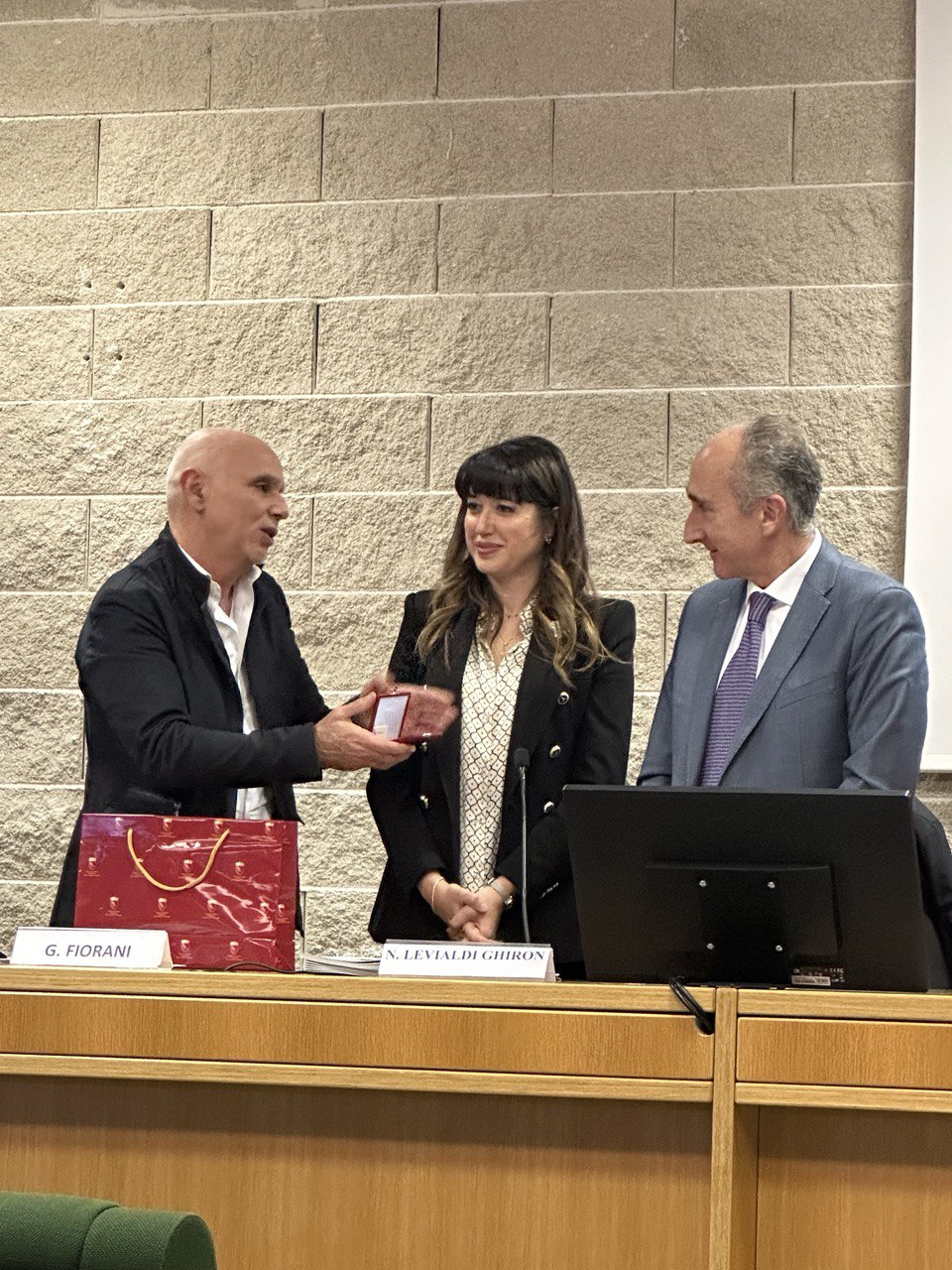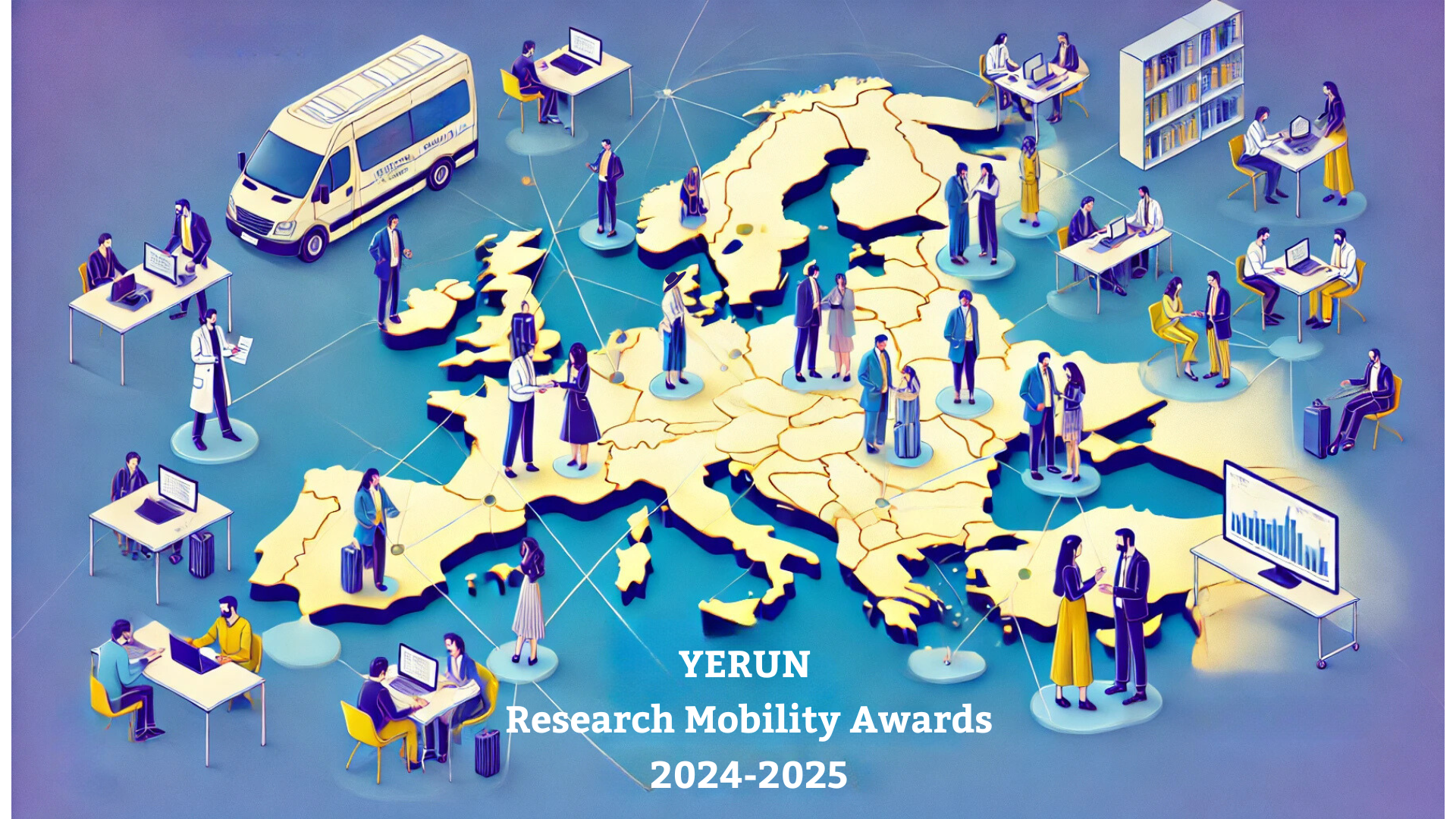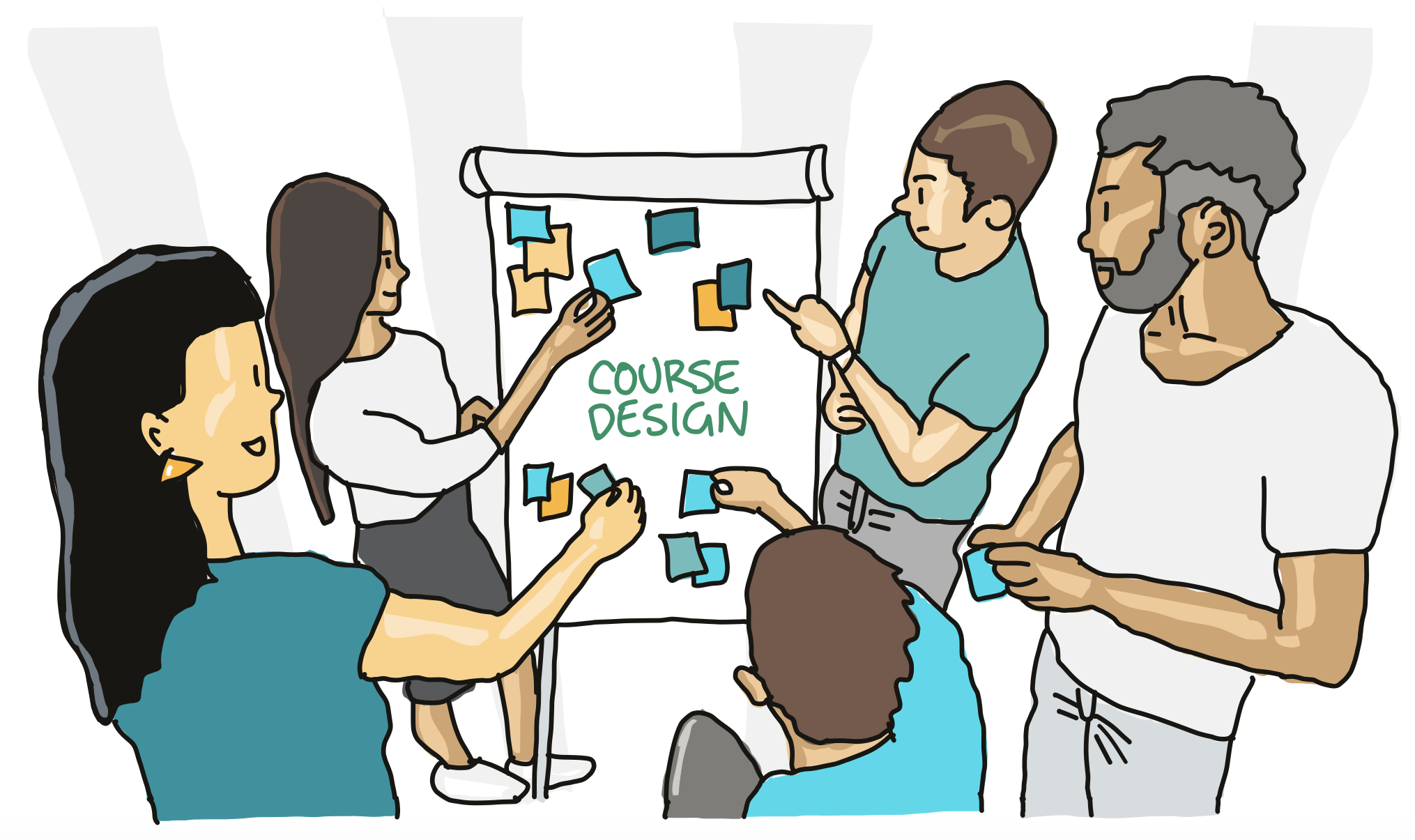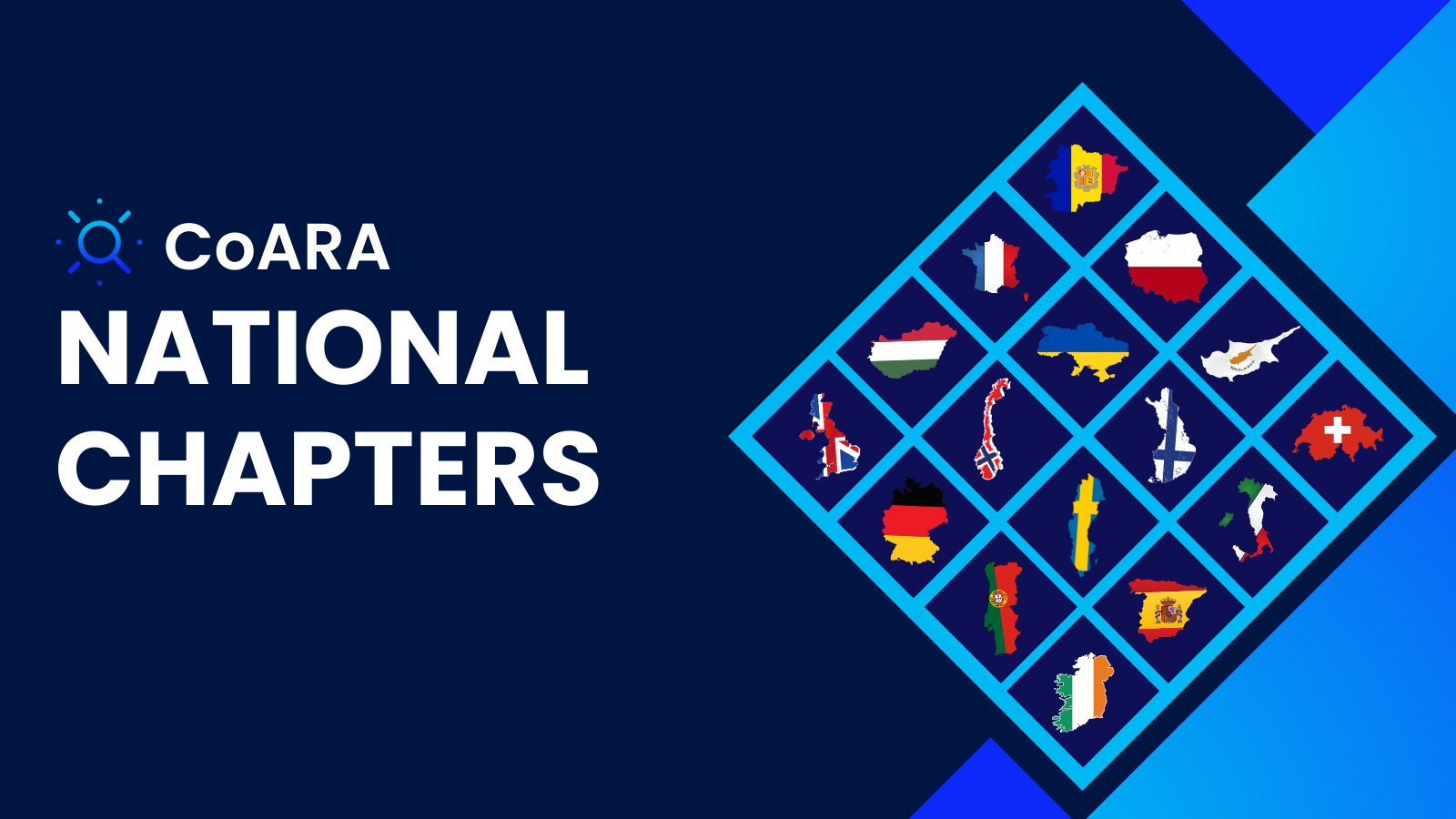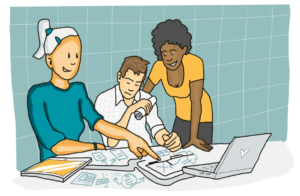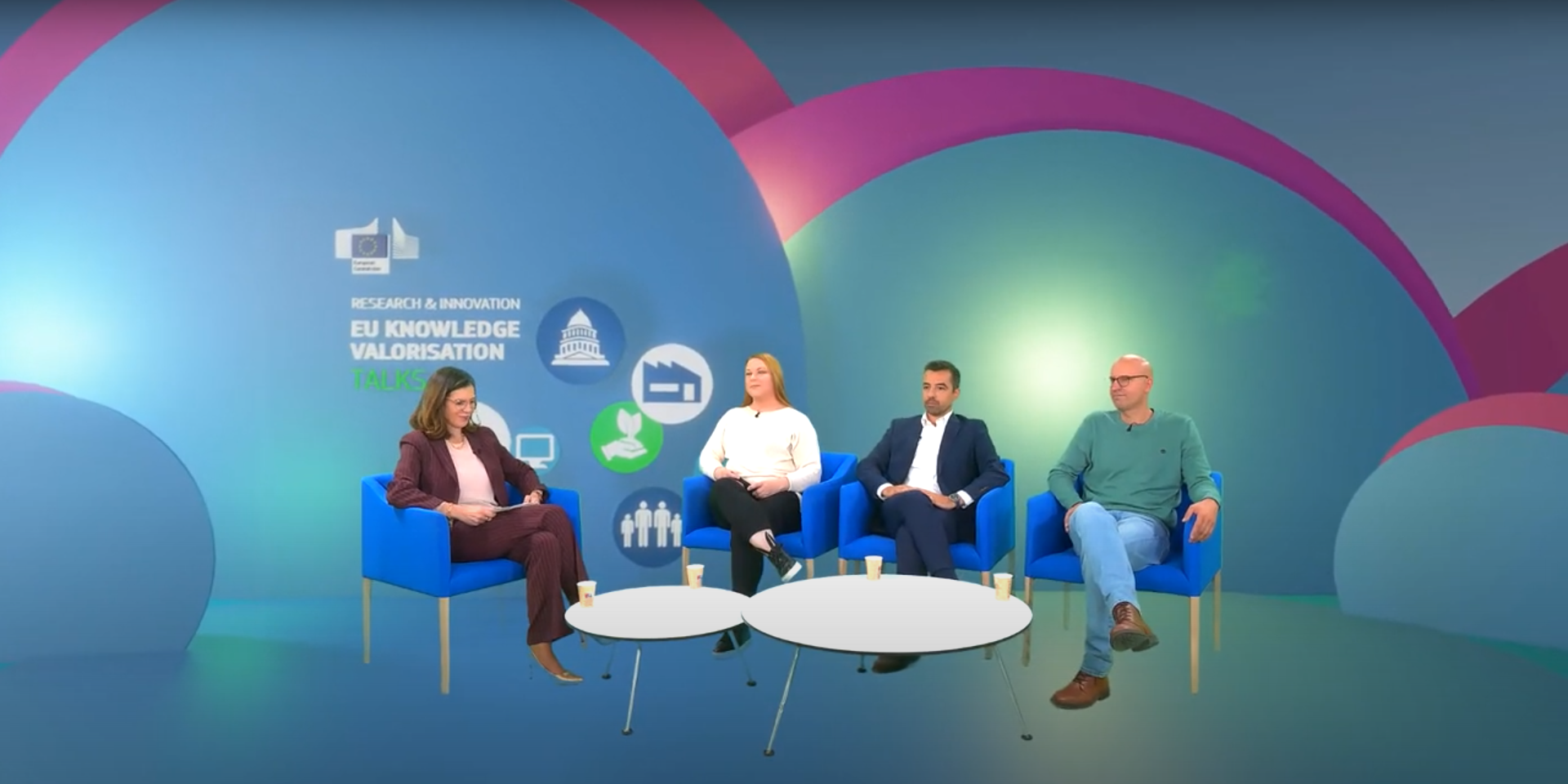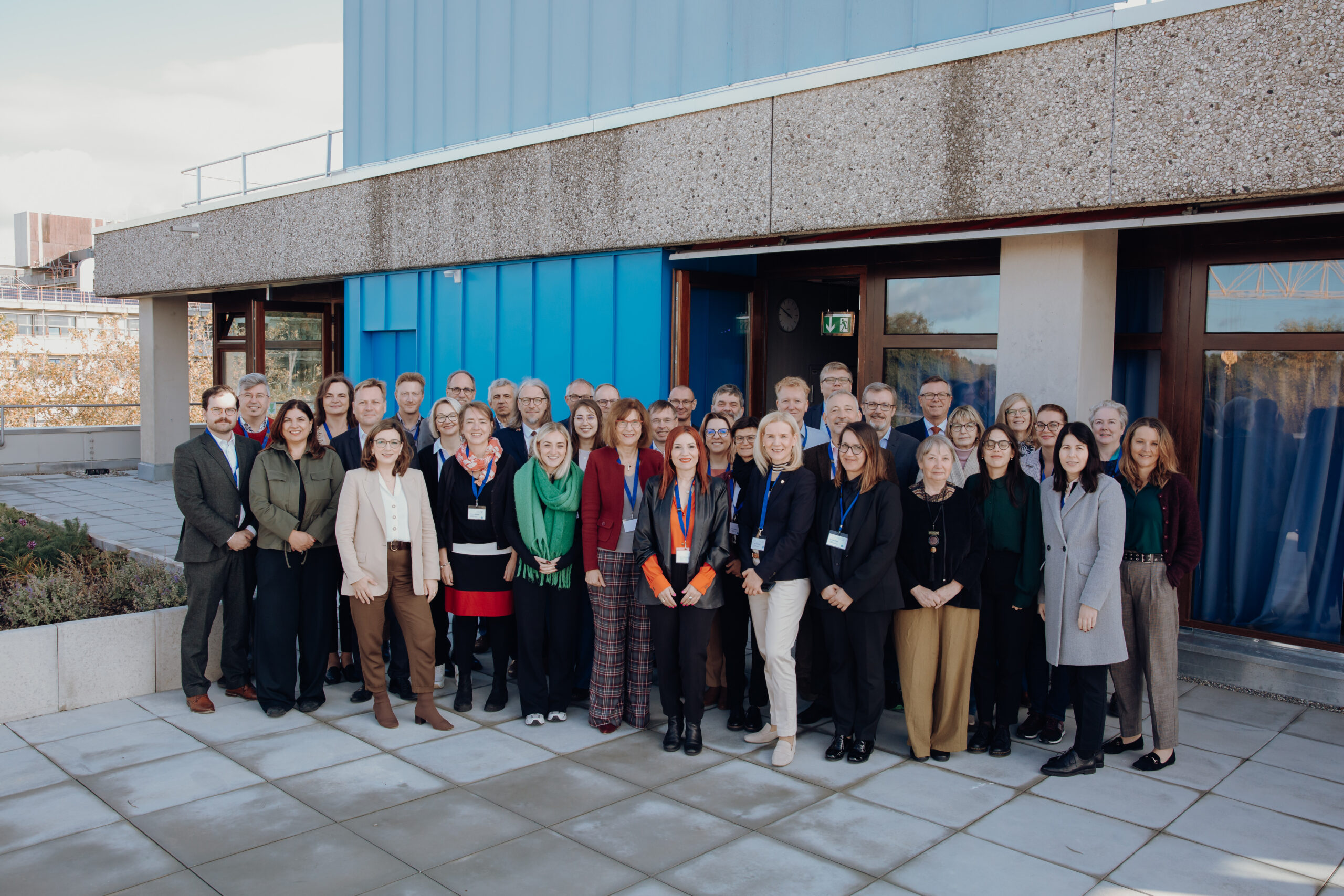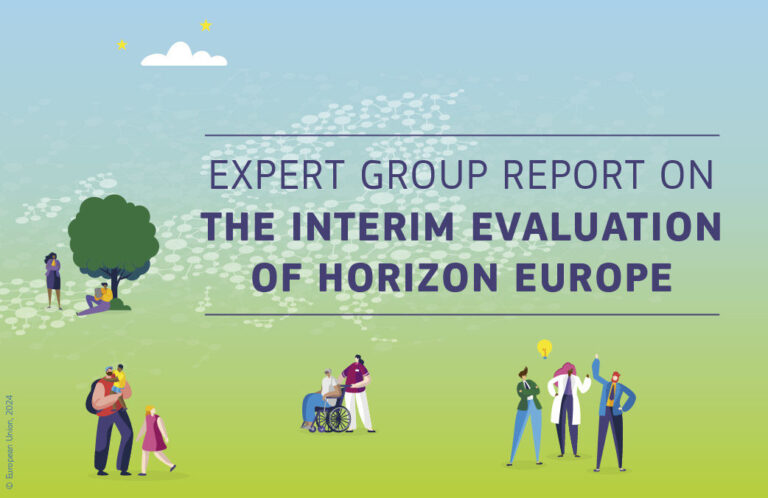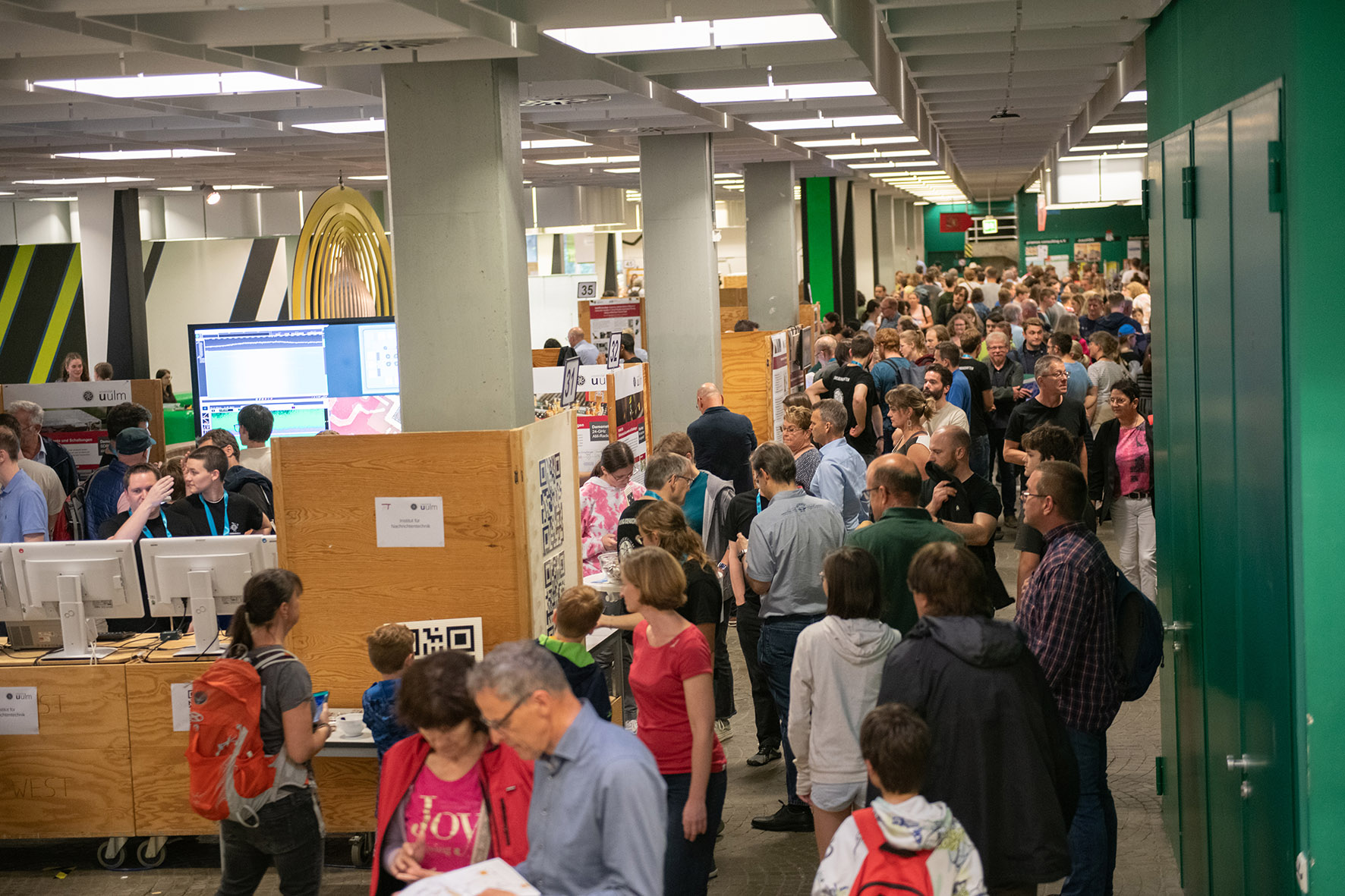By Fiorani Gloria, Gioia Maurizi, Ribana Andreea Chiper, Luana La Bara & Chiara Di Gerio, Tor Vergata University of Rome
Tor Vergata University of Rome in Italy has long promoted numerous courses, initiatives, workshops and laboratories for addressing environmental and social challenges and pursuing the Third Mission and public engagement on education for sustainable development. Tor Vergata University of Rome has embraced and developed best practices and strategic logic of shared value co-creation for many years, actively involving young people.
The students are encouraged to raise awareness and proactively learn about sustainability challenges, skills and knowledge necessary to facilitate and enable the sustainable transition to shape a better future. The support of professionals, third sector associations and the possibility of involving businesses, startups and local municipalities has allowed the young people to develop several entrepreneurial projects over the years, capable of bringing added value to the territory and the people who live in it.
From the academic year 2014/2015, under the coordination of Professor Gloria Fiorani, Tor Vergata University of Rome organises, in partnership with the civil society association “Next – New Economy for All”, Confcooperative and local public administration, the Sustainable Labs, business challenges in which students’ groups propose creative solutions to contribute to modern social and environmental problems by developing an entrepreneurial Canvas and business plan to be presented to a jury of teachers, professionals, industry leaders and presidents of third sector associations that then give feedback to them. The students are enthusiastic to collaborate and be engaged in solutions that can help the territory improve and make a difference in the private and public sectors. In addition, to enhance the Sustainable Laboratories and support the 2030 Agenda, in 2020 the HackaTor was established: a contest that rewards the three best innovative ideas, now in its 4th edition in 2023. The contest was promoted by Master Maris – II Level Master in Reporting Innovation Sustainability in Partnership with CUS (the University Sports Center), and the the other partners of the Sustainable Labs.
In December 2023, the project received a certificate of recognition from the Municipality of Rome Capital for the contribution made to the development of useful and significant proposals for the city with the ideas generated within the 2022 and 2023 editions. This is just the most recent award the laboratories received at a local and national level and considering the success and numbers. Born in the academic year 2023/2024 they arrived at the 10th year/editions with more than 1000 students and 215 projects. Furthermore, they have also been implemented in the National Recovery and Resilience Plan Project of Rome Technopole, an Italian Innovation Ecosystem of Lazio Region, and they welcome students from other local universities besides Tor Vergata University of Rome. The laboratories always generate innovative and concrete ideas, which may become startups (like Orto 2.0, an agricultural business project founded by five students), sustainable solutions in response of business needs or municipal resolutions adopted by Rome Capital City.
For example, one of the objective of the last edition was to collect ideas to improve the competitiveness of three cooperatives, Explora, CREI, and Node, through a sustainable and agile internal and external Open Innovation pathway that can optimise their business model. La Sapienza University of Rome and LUMSA University also participated in this challenge. Among the six projects of the Tor Vergata University of Rome students presented at the CoopIn Hackathon (1st Edition), the jury awarded two projects as the best ideas for the Crei and Explora cooperatives.
Those are some of the numerous initiatives promoted by Tor Vergata University of Rome in a formative, proactive and service-learning approach of addressing collective challenges by making young people the protagonists and agents of change. Among the public engagement initiatives for responsible consumption and local development, for instance, there have been ethical cash mobs supporting local artisans, civic crowdfunding for public goods like parks, urban regeneration, health insurance which also helped during the pandemic (example are “A park for Aurora”, “Saturday at the library” and “Let’s help cure more” campaigns).
Tor Vergata University of Rome also stands out for its Sustainability Report and its participatory (stakeholder empowerment) and inclusive way of communicating the results: it is an opportunity to highlight the activities carried out in the field of environmental and social sustainability, to monitor the objectives and commitments that Tor Vergata University of Rome has undertaken on the sustainable development front.
For the last reporting document, related to the 2022 year, the “Sustainability Report Pills” laboratory was also activated and organized in collaboration with the University Sustainable Development Office and ORSA (Observatory on Reporting Sustainability of Universities) with the involvement of around 20 students from the “CSR and Sustainability Reporting” and “CVC and Social Innovation” master’s degree courses, aimed at creating infographics on the University’s sustainability highlights. Thanks to the collaboration with Crei, the presentation of the report was also simultaneously translated into sign language.

